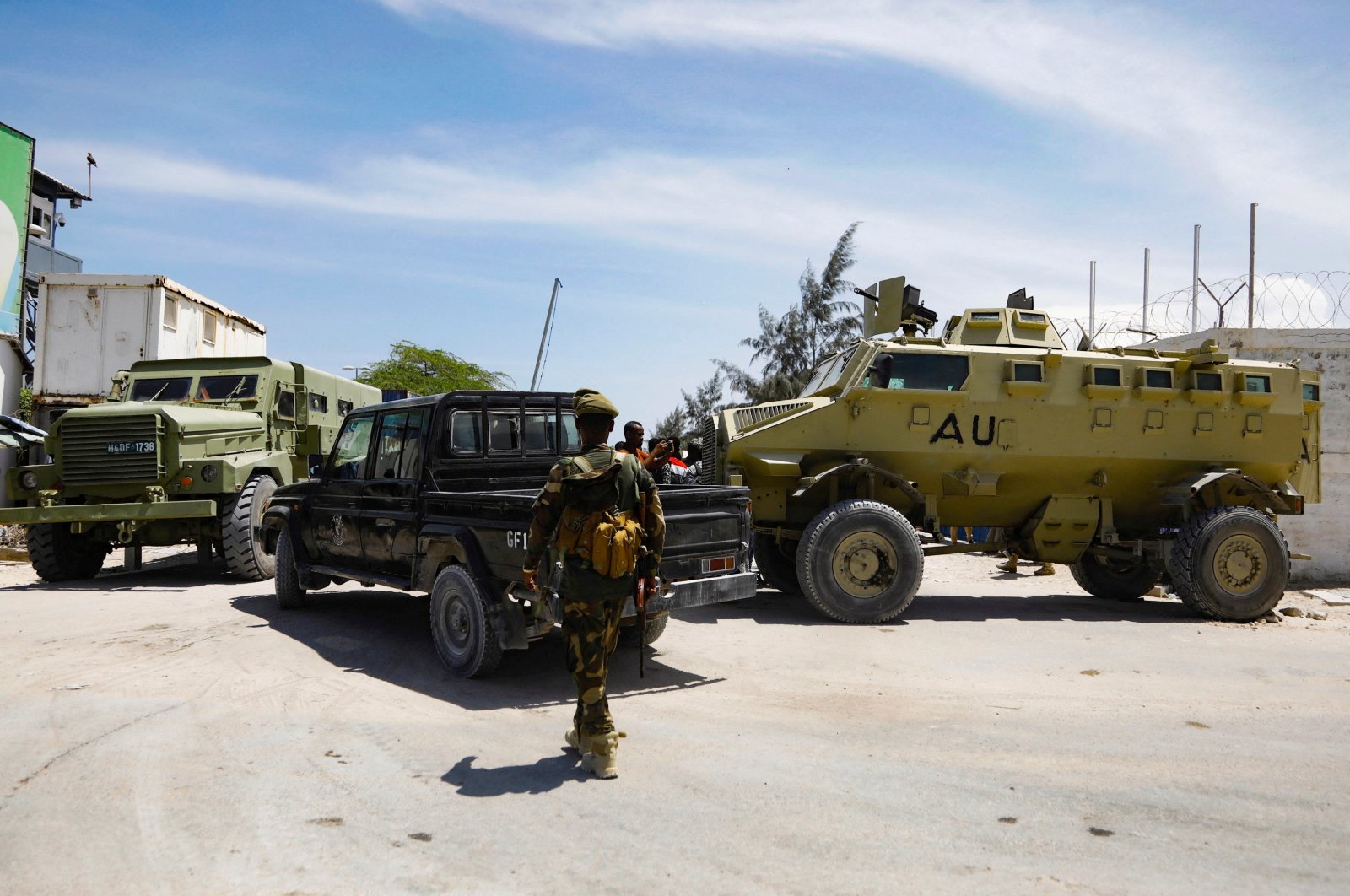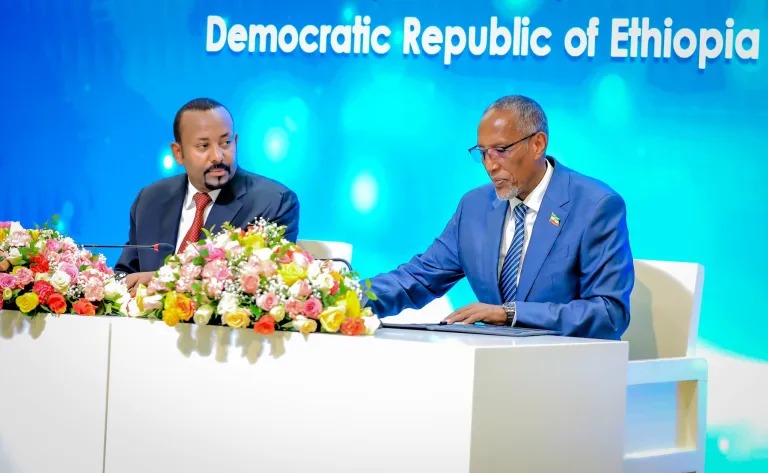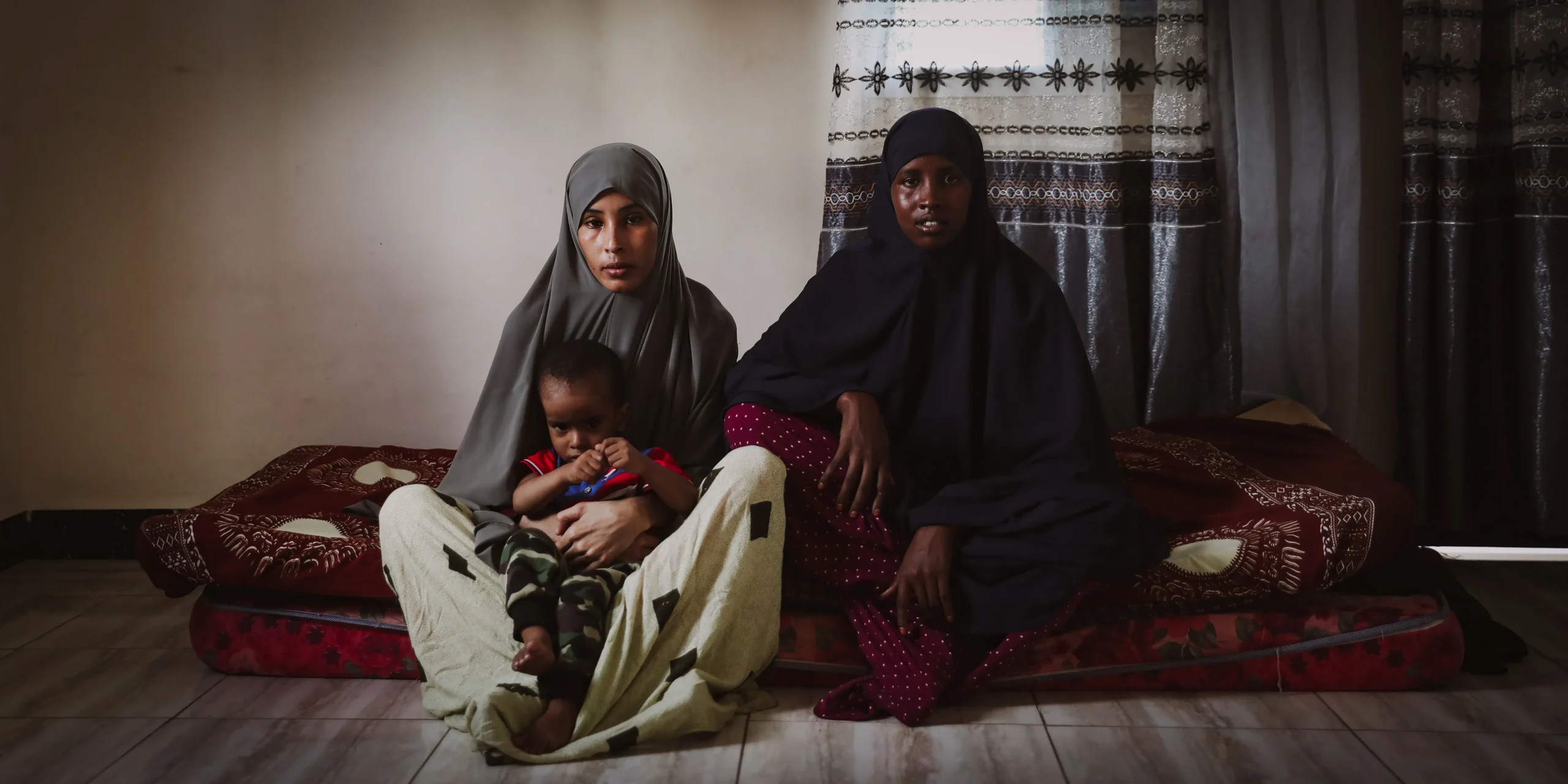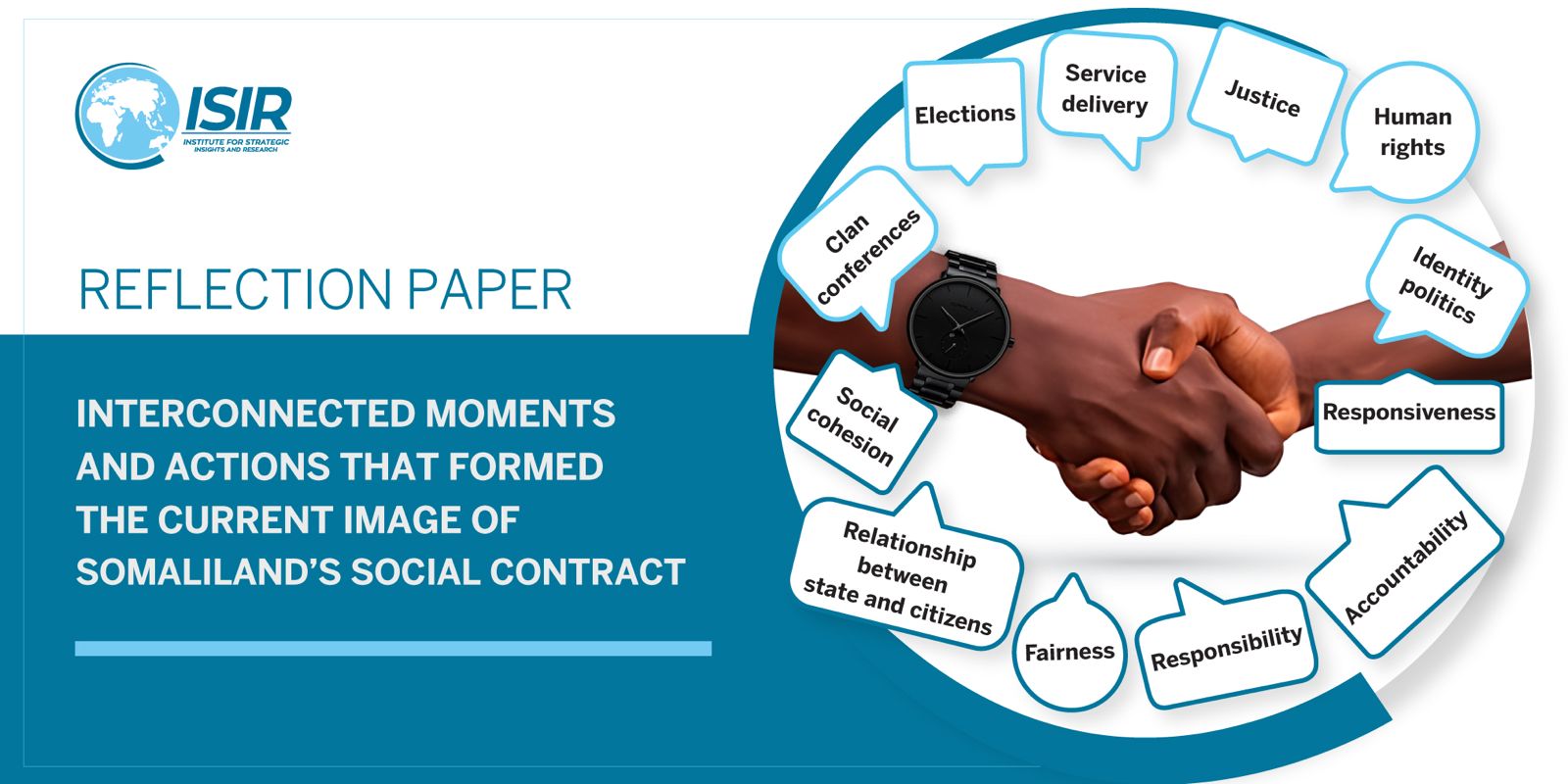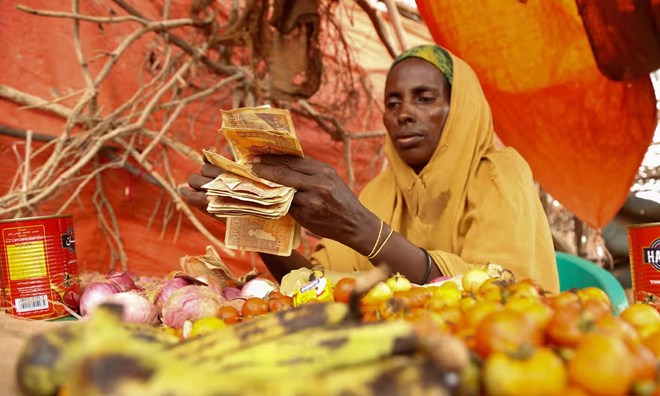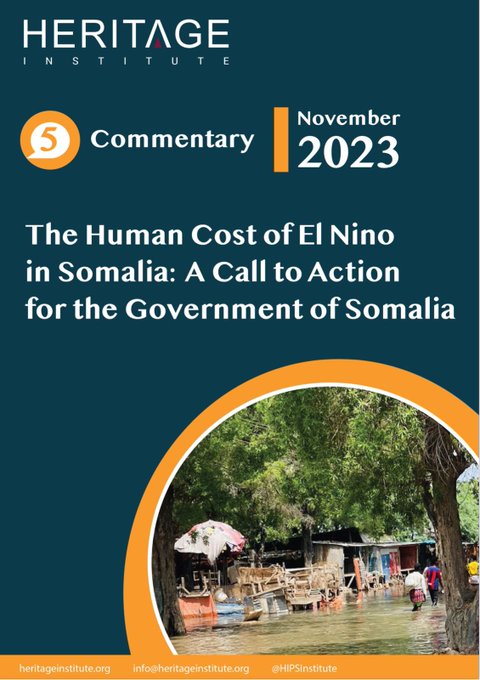Well, to many people around the world, it will be hard to believe that Somalia was known “The Little Swiss of Africa” before the country went to war with its neighbour Ethiopia. The country was widely regarded a vibrant and forward looking in much of the 1970s. It was one of the most stable countries in Africa.
This was done because there was a leadership that understood some of the challenges the nation was going through. The government had plans to tackle some of the problems and to develop the country’s potential fully whether this could be economically, politically or militarily. Thus, state had embarked on the most ambitious economic programs that Africa had ever seen by creating enough jobs to most of its citizens. Consequently, Somalia was producing enough food to feed its own citizen without seeking outside support.
The country also achieved one of the most important aspects of the nation’s history by writing the Somali language so that Somali people could write their own language for the first time. Subsequently, there were huge nationalists among the Somali people that created sense of togetherness and civic-pride.
In the same way, the country has managed to accumulate the biggest army in East African countries. It was reported that there were more than 30,000 military personnel. In the earlier 1980s, Somalia was regarded both politically and militarily powerful; thereby resolving regional disputes and beyond. Somalia was regarded as having powerful militarily. It was regarded vital to resolve some of the regional disputes. Such as, the war between Uganda and Tanzanian, Somalia was one of most important mediator that was trusted around the world to bring an end to the tension between these two countries.
As the foreign Minister of Somalia, Omar Arte was sent to Kenya as a mediator to find solution the problem that existed between Uganda and Tanzania. In his first press conference that was held in Nairobi, Kenya, Mr Arte said that “we will leave no stone unturned to find a solution for the problem between these two countries”. Mr Arte had highlighted how they were going to bring the war to an end by taking number of measures including by using force if it is necessary. In other word, Somalia was threatening these two countries that if they don’t find solution for their differences, it will be using every mean available to them to resolve the tension between them.
After Somalia was defeated the war it had with Ethiopia, there was massive economic hardship that the country faced. Subsequently, the leadership had abandoned its policy by ensuring to keep the country together. Certain section of Somali population felt marginalised. This has created huge mistrust among Somali people. In the end, there were massive exciters leaving the country. The neighbouring countries mainly Ethiopia has used this as chance to bring down one of its arch enemy down by providing safe heaven to Somali fighters including SNM and SSDF and other alike which eventually fought and brought the government down by destroying one of the best countries in East Africa.
Today, after 30 years of mayhems, the Somali people are still struggling to form a government that can bring all its entire inhabitants together so that they can live together in peace and harmony.
Sadly, it appears the unrecognised Somaliland is heading towards that direction that has brought down one of the most successful country in East Africa.
Like the last days of Bare’s government, tribesman Mr Bihi sees nothing else but his own in circle tribe as the way to stay in power. His so busy dividing what was widely seen the most successful model that serviced so well the people of Somaliland since 1991.
Mr Muse Bihi started land grapping from poor people who have nothing else but their little lands. Like shop owner, he receives all the revenue the country generate including all taxations that are procured from Hargeisa Airport and Barbara etc. Moreover, he brought to his presidential responsibility the North part of Hargeisa and Galbilay whilst alienating the rest of country. Today, the nation’s TV covers nothing else but the North part of Hargesia and Gabilay. Mistakenly, he thinks the rest of country will continue watching happily whilst they are struggling to feed their loved ones.
Unlike Mr Bare, Mr Bihi is someone who is not equipped to do the job he is presently holding. As the president of Somaliland, he doesn’t realise that he is required to lead the nation and find solution much of the problems the country is facing. However, he doesn’t know that he should be governing in consensus among the Somaliland population not what he finds from his mind in each day. In other word, there has to be a plan of the direction that he is taking the country and he should be communicating his ambition to the people so that they know the path the country is taking them.
Looking back some of Mr Bihi’s press conferences that he regularly held, it clearly shows that he does not have what it take to lead the nation. Mr Bihi was asked how is going to tackle joblessness among young people in the country, shortage of clean water etc. Mr Bihi responded and said “we as a country need to come together and find solution”. Nonetheless, Mr Bihi’s response was far too short for someone who is occupying the highest office in the land. It also demonstrated that he doesn’t have any plan to compact some of the economic challenges the country is facing. People who are close to him say that Mr Bihi think that he is running his own shop rather than a country.
By: Abdi Adan
Categories: Opinion








